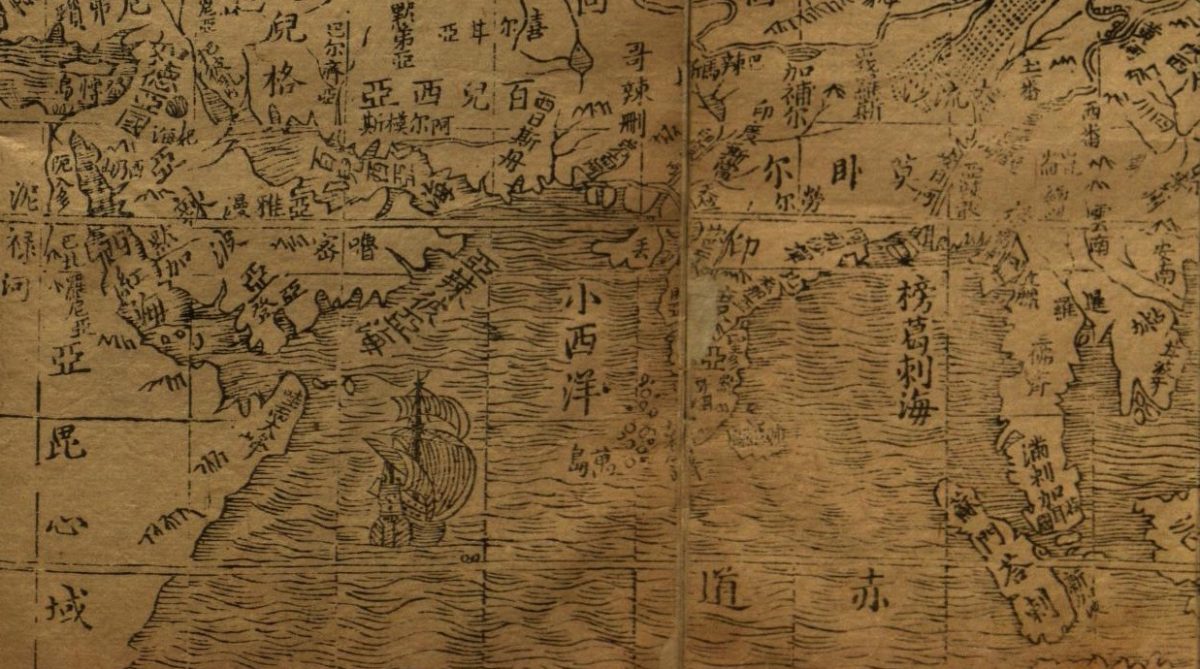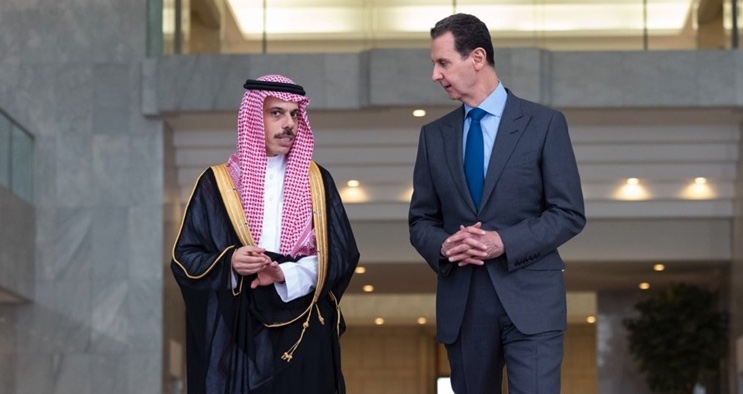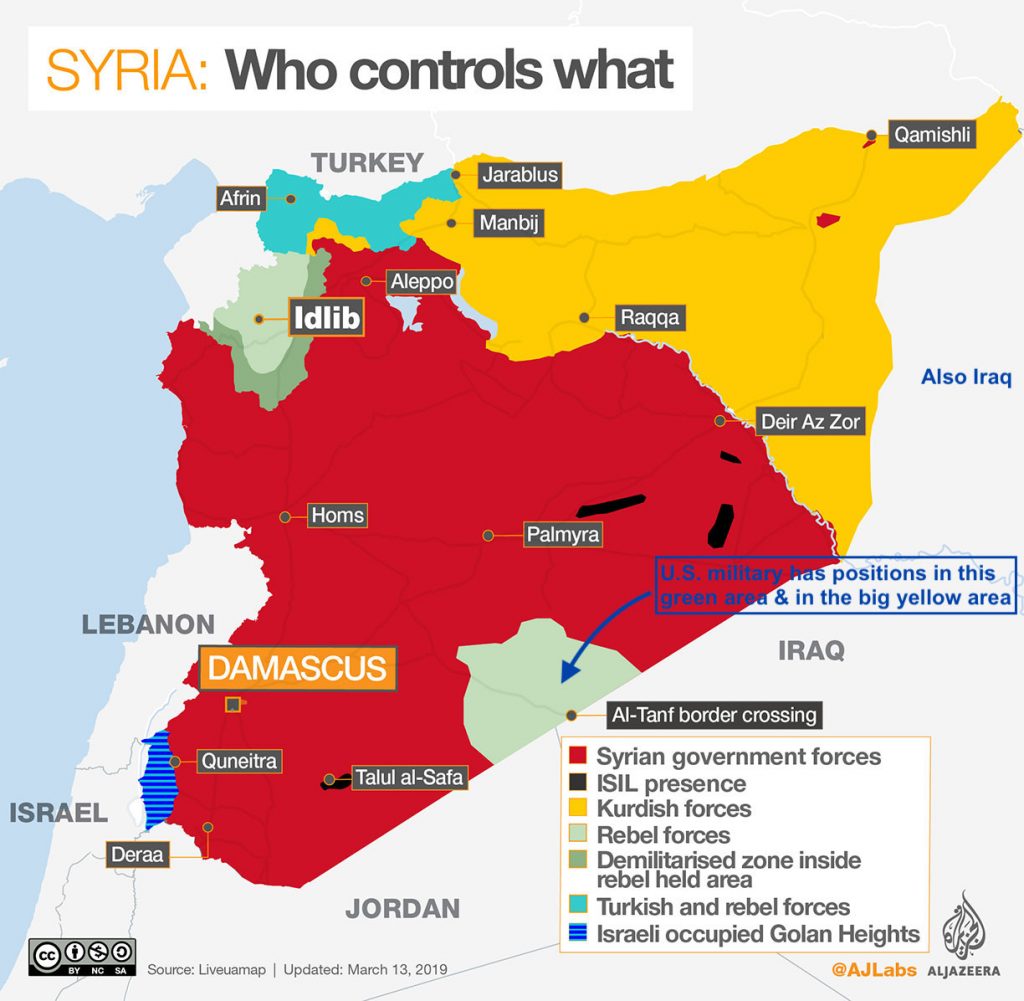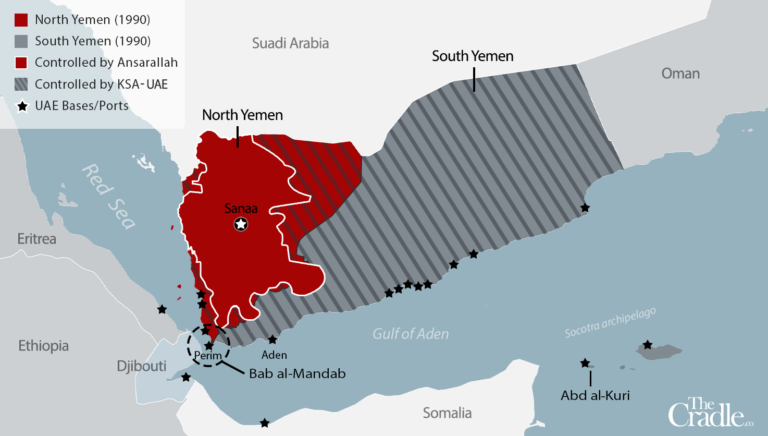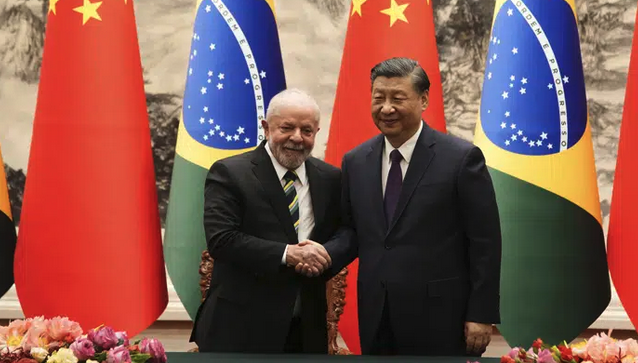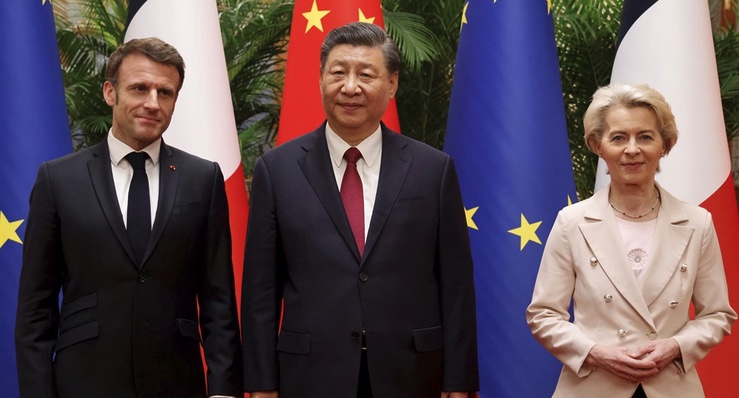(An early 17th century Chinese map of part of the Indian Ocean, using data gathered by Zheng He’s voyages of 200 years earlier. The Arabian Peninsula is at the left. Source.)
Over the past couple of months, in my essays here at Globalities I’ve been tracking the current crumbling of the decades-old system of Washington’s global hegemony and its gradual replacement by a China- and BRICS -led system of multipolarity—and also some of the effects of that shift, in West Asia and elsewhere. Most recently, we’ve seen China’s President Xi Jinping pushing forward his previously announced readiness to help resolve the conflict in Ukraine. If successful, this initiative could bring about a further large diminution of U.S. power in the world.
We should all continue watching the progress of the China-led peace initiative for Ukraine very closely. In today’s essay, however, I want to explore some of the impact that this “West to the Rest” shift has already been having in West Asia (the region formerly known as “the Middle East”), and especially in and around the Arabian Peninsula.
Until recently, all the states of the Peninsula, with the exception of some substantial quasi-state actors in mountain-haven Yemen, have been unambiguously pro-American. The other states on the Peninsula are all wealthy petro-states. They have long maintained strong relationships with Washington under an arrangement whereby the United States promised to give them military protection provided they would continue to underwrite the U.S. military-industrial complex by buying large (and often quite unusable) inventories of U.S. weapons, and to support the role of the U.S. dollar in the global economy.
But in recent years, and even more rapidly since last year’s start of the big conflict in Ukraine,that “devil’s bargain” has started to fall apart. As Jon Alterman wrote recently about the region in Defense One:
Continue reading “The Arabian Peninsula at the Hinge of History”
